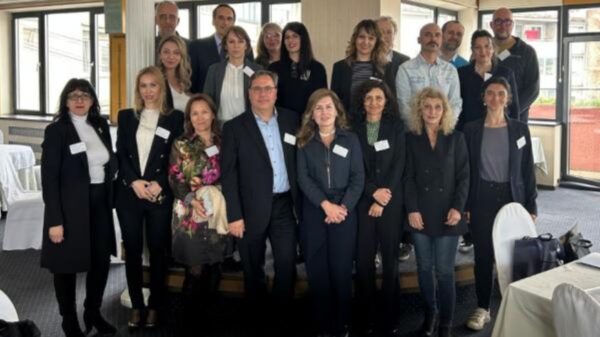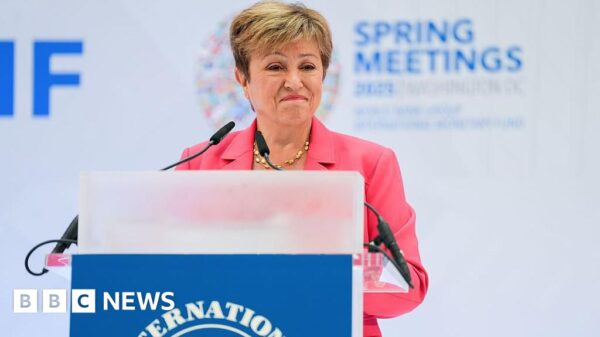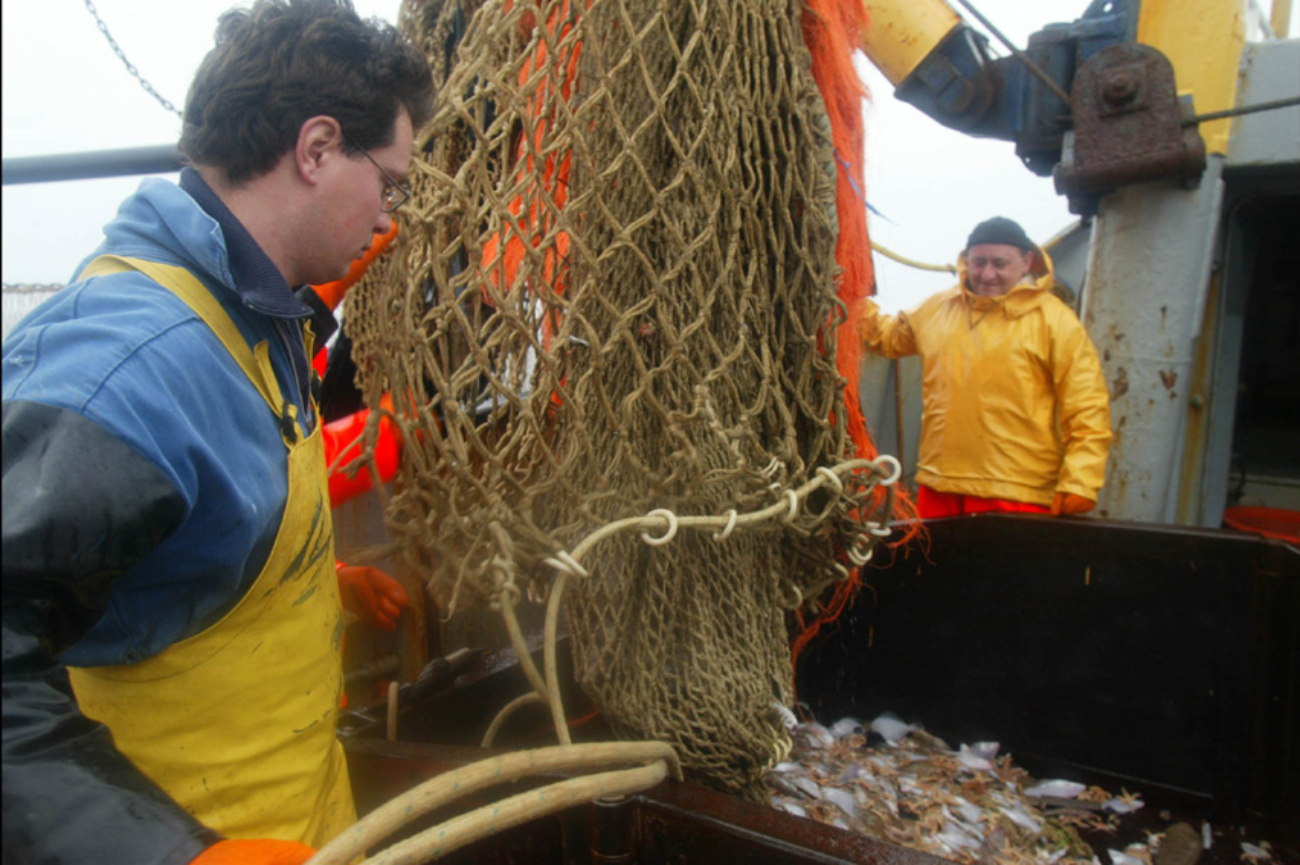On 12 December, the Council agreed on fishing opportunities for 2024 for the fish stocks managed by the EU in the Atlantic, Kattegat and Skagerrak, as well as the Mediterranean and the Black Sea.
Environment, Oceans and Fisheries Commissioner Virginijus Sinkevičius said: “We had intense negotiations spanning over three days. For the Commission and me personally, it was important to reach an agreement that is both balanced and responsible – preserving fishers’ livelihoods in the long term, and improving the chances for stock recovery and healthier stocks. Finally, I would like to thank fishers for their tremendous efforts over recent years to fish sustainably and to live up to their key role.”
In the North-East Atlantic, the Council set 14 total allowable catches (TACs) in line with maximum sustainable yield (MSY) advice as proposed by the Commission. This includes an increase for megrims, anglerfish, hake, horse mackerel in the Iberian waters, as well as undulate rays. The Council has followed the Commission proposal to set a TAC at a low level for Norway lobster in Skagerrak and Kattegat and for plaice in Kattegat to protect cod.
In the Bay of Biscay, decreases have been agreed for Norway lobster, sole, seabass, pollack and whiting. In addition, the agreement includes measures for recreational catches for pollack. On eels in the Northeast Atlantic, the agreement clarifies that the closure period must cover the peak migration period in marine waters across the EU.
The Fishing Opportunities Regulation includes the results of the agreements reached ahead of the Council with Norway and the UK on a bilateral basis, and between the three parties jointly, as well as with other coastal States. Stocks shared with third countries result in fishing opportunities for the EU in the next year of over 1.6 million tonnes and worthing almost €2.2 billion (adjusted for inflation).
For the Mediterranean and the Black Sea, the Council agreed to continue implementing the various multiannual management plans decided at the level of the General Fisheries Commission of the Mediterranean (GFCM): for the Strait of Sicily, the Ionian and the Levant Seas, the Adriatic, and the Black Sea.
For the Western Mediterranean, the Ministers agreed to continue the implementation of the EU multiannual management plan (MAP) for demersal stocks, adopted in June 2019. The agreement therefore continues the reduction of the trawling fishing effort by 9,5%, combined with the implementation of additional management tools, such as catch limits for deep water shrimps and continuing the effort freeze for longliners.
The agreement also incorporates into EU law the sustainable management measures for common dolphinfish and European eel in the Mediterranean, adopted in November by the General Fisheries Commission for the Mediterranean (GFCM).

































